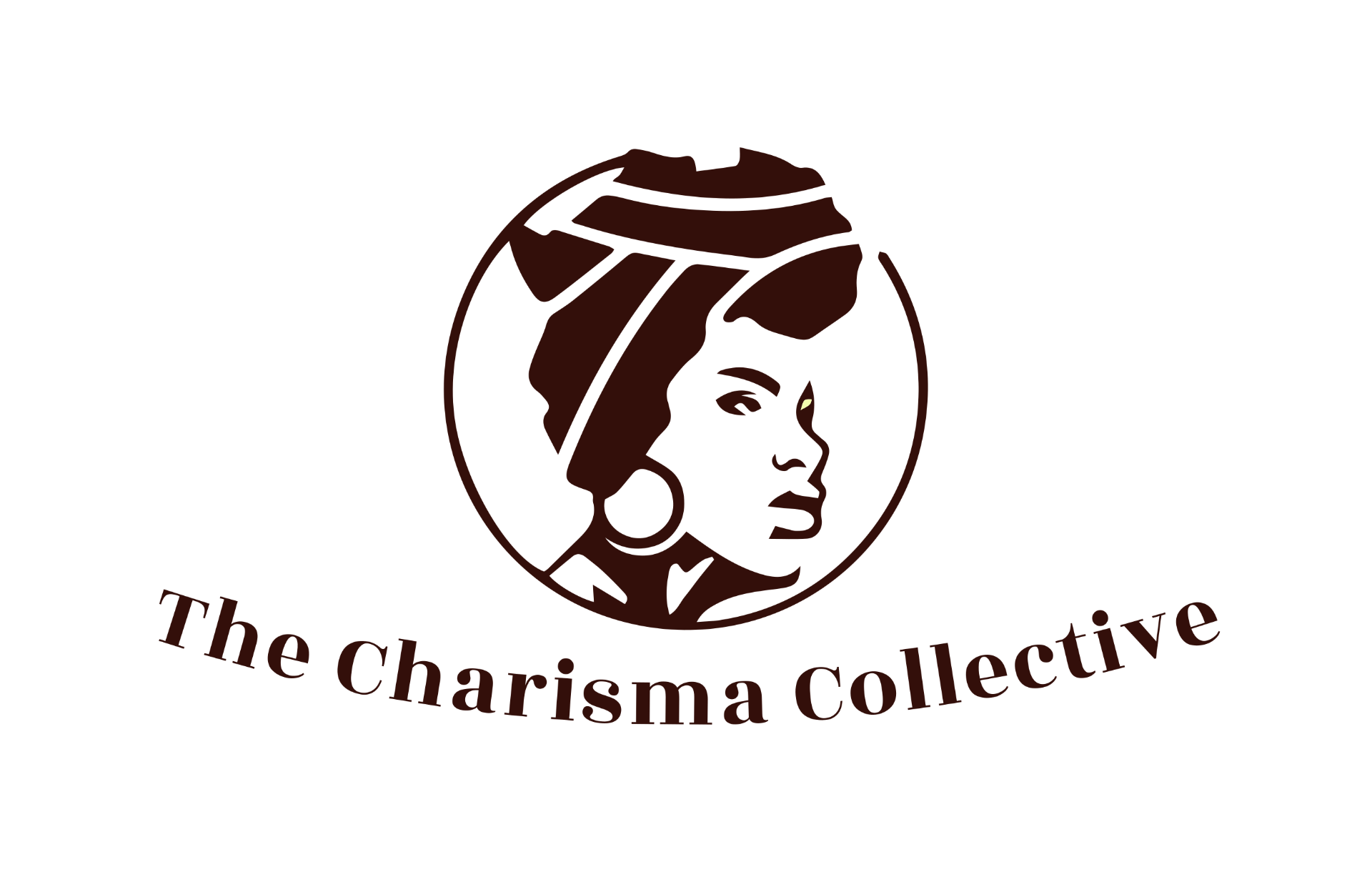Embracing Holistic Therapy: A Path to Deeper Healing

As mental health professionals, our goal is to provide comprehensive care that addresses the diverse needs of our clients. While traditional therapeutic approaches certainly have their place, incorporating holistic and non-traditional methods can often lead to more profound healing experiences. Today, let’s explore how clinicians can benefit from embracing these alternative modalities such as initiated ATR practitioners, human design, astrology, or even tarot for their clients.
1. Expanded Understanding: Holistic and non-traditional approaches offer clinicians a broader perspective on the human experience. For instance, initiated ATR practitioners bring cultural wisdom and spiritual insights into therapy sessions, allowing clients to explore their issues through a different lens rooted in tradition and ritual.
2. Personalized Insights: Human design, astrology, and tarot provide valuable tools for self-discovery and reflection. By incorporating these modalities into therapy, clinicians can help clients gain deeper insights into their personality traits, life purpose, and challenges they may be facing. This personalized approach fosters a deeper understanding of oneself and can facilitate transformative growth.
3. Empowerment and Validation: Alternative modalities empower clients by validating their experiences and providing a sense of agency in their healing journey. Whether it’s consulting the stars or drawing tarot cards, these practices can offer comfort, guidance, and a sense of connection to something greater than oneself.
4. Holistic Wellness: By embracing holistic and non-traditional approaches, clinicians can address the interconnectedness of mind, body, and spirit. Incorporating practices like yoga, meditation, or energy work alongside traditional therapy techniques can promote overall well-being and enhance the therapeutic process.
5. Cultural Competence and Inclusivity: Many clients from diverse backgrounds may find comfort and resonance in holistic and non-traditional modalities that align with their cultural beliefs and practices. By integrating these approaches into therapy, clinicians demonstrate cultural competence and foster a safe and inclusive environment for all clients.
Incorporating holistic and non-traditional approaches into therapy requires an open mind, ongoing education, and a commitment to meeting clients where they are on their healing journey. By embracing these alternative modalities, clinicians can enhance the therapeutic experience, empower clients, and facilitate deeper levels of healing and transformation.
Remember, therapy is not one-size-fits-all, and by embracing a holistic approach, we can better serve the diverse needs of our clients and support them in achieving holistic wellness.
With warmth and empathy,
Dr. Charisma

